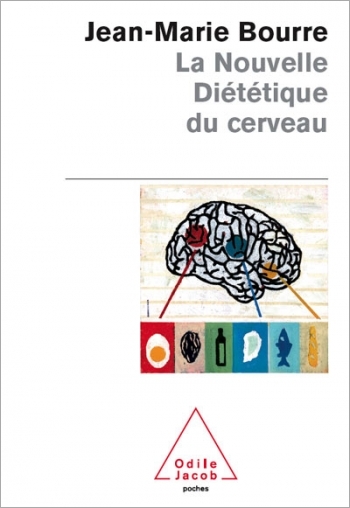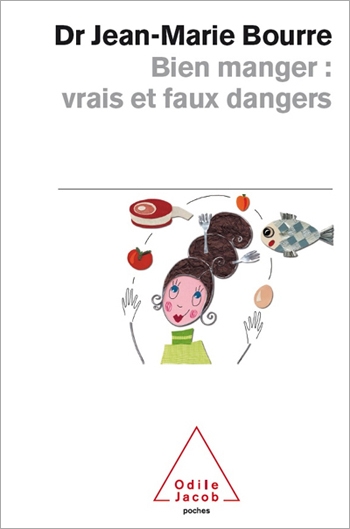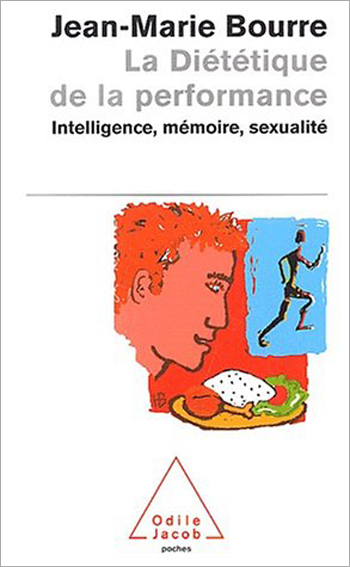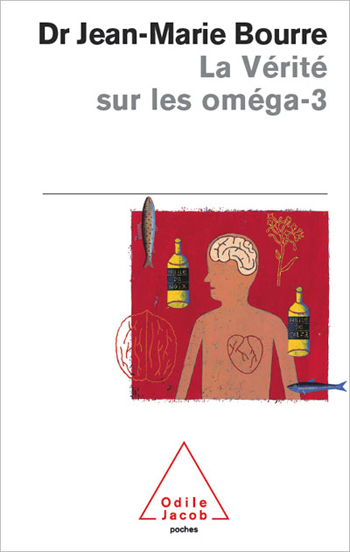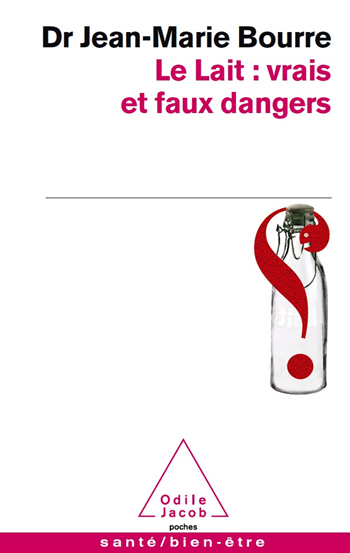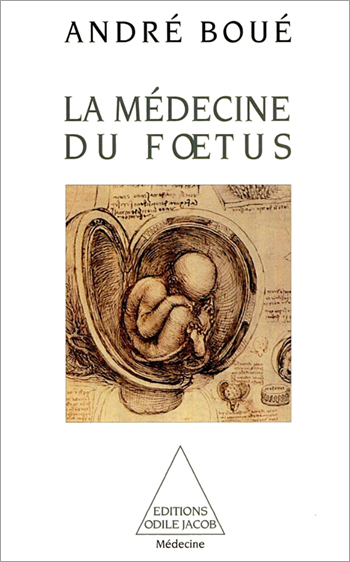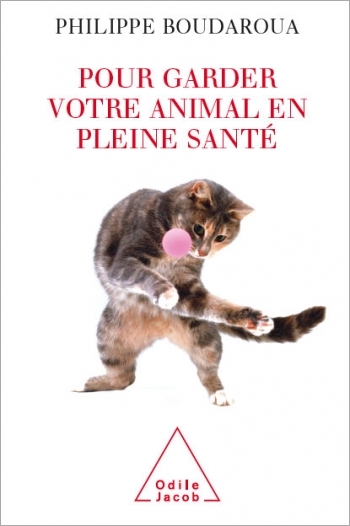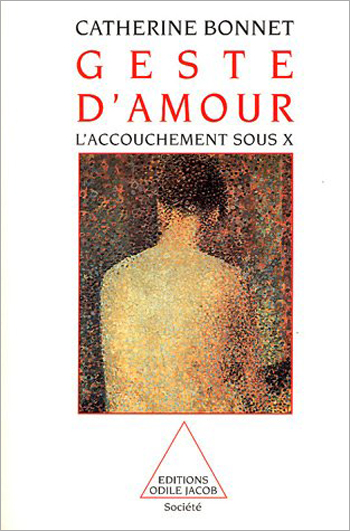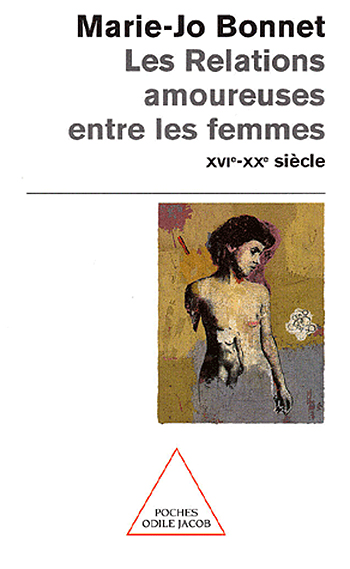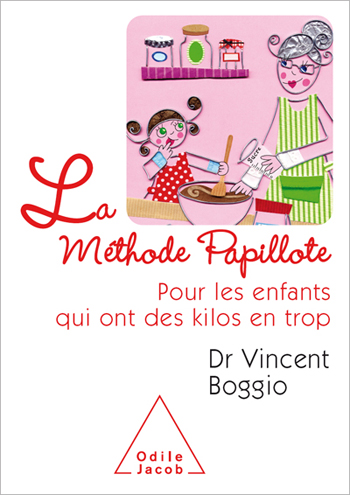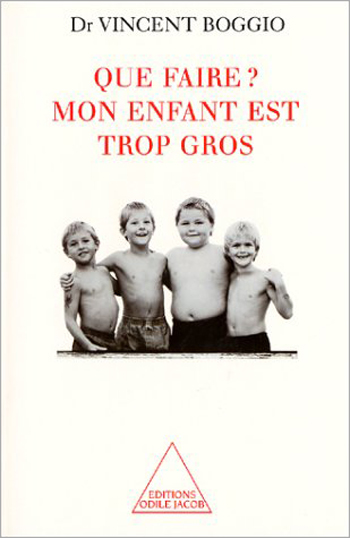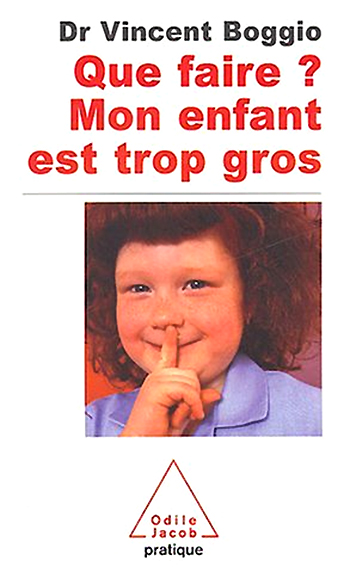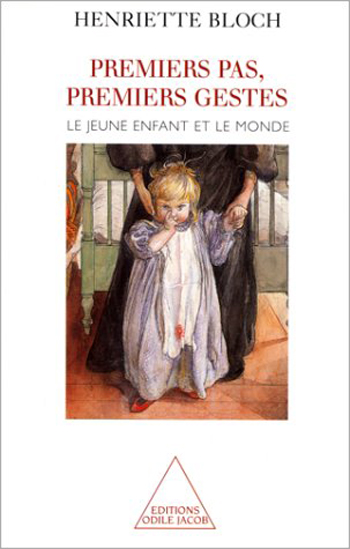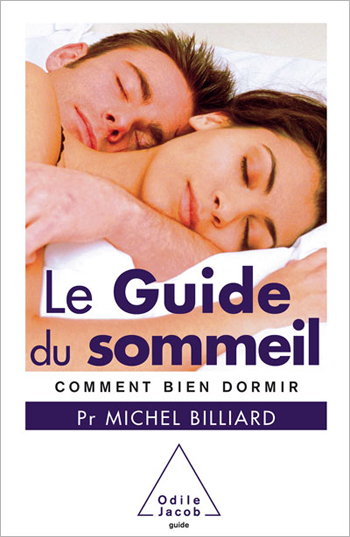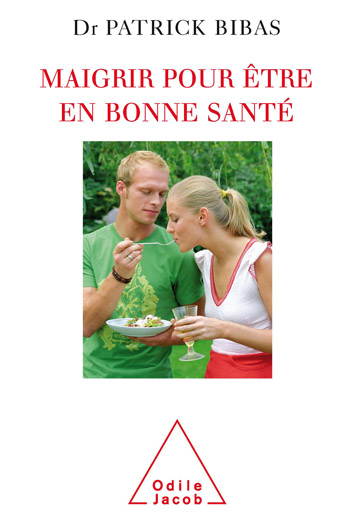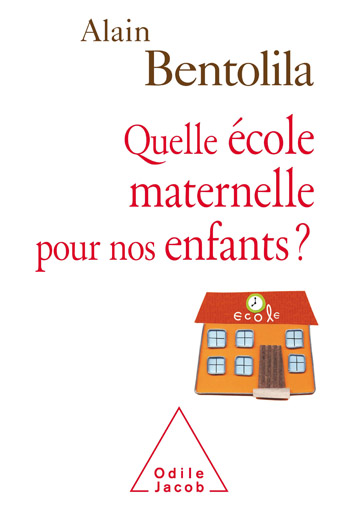Health and Wellness All books
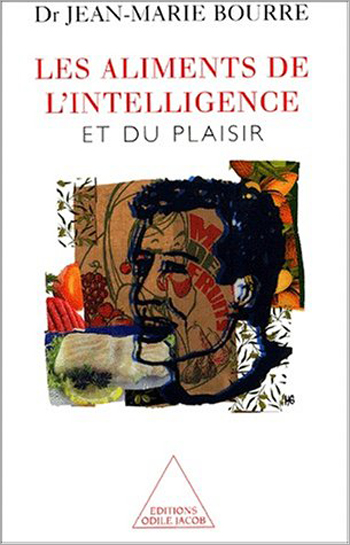
Jean-Marie Bourre
Food for Thought And Pleasure
"Why do we eat? For our intelligence capacity, aswell as the harmonious functioning of the body. Yes, for the brain you must eat eggs, charcuterie, red meat, as oily fish as possible, accompanied by fruit and vegetables, and complemented by wine and beer. Yes, you must derive pleasure from eating. And no, you don't need to become a herbivore, which would only serve to hinder the development and operation of your brain!" Jean-Marie Bourre
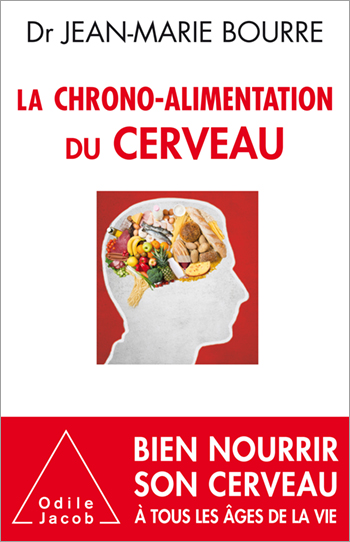
Jean-Marie Bourre
Chrono-dietetics of the Brain
How eating the right food at the right time can enhance brain health, efficacy and pleasure
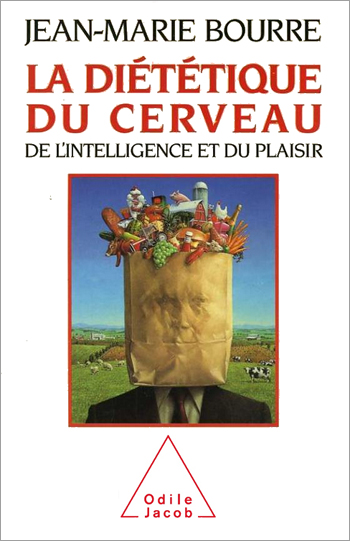
Jean-Marie Bourre
The Dietetics of the Brain Intelligence and Pleasure
What mechanisms govern our cravings, our taste, our nutritional needs? How should we eat to think well and work productively? J.-M. Bourre, a neurotoxicologist, celebrates the pleasures of a greedy brain, a gastronomical brain. He takes us on a fascinating exploration of the complex chemistry which links our brain to our plate in the world of proteins, vitamins, mineral salts, and lipids.

Jean-Marie Bourre
The Dietetics of the Brain New Edition
How should we eat to think well and work productively? J.-M. Bourre, a neurotoxicologist, celebrates the pleasures of a greedy brain, a gastronomical brain. He takes us on a fascinating exploration of the complex chemistry which links our brain to our plate in the world of proteins, vitamins, mineral salts, and lipids. By providing the keys to proper nutrition, this book shows the way to greater mental awareness, energy, health and fulfilment, while respecting the real needs of both the body and the brain that most crucial organ. Throughout the book, pleasure (adapted to every budget) remains one of the authors main concerns.
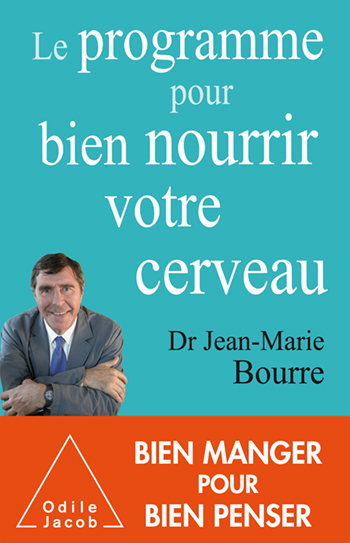
Jean-Marie Bourre
A Program to Feed Your Brain Well
A clear and instructive approach that enables the reader to understand what is needed to be at the height of one’s intellectual abilities.
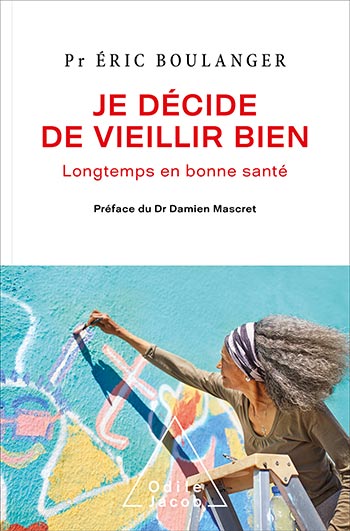
Éric Boulanger
I’ve Decided to Age Well
An eminent professor of geriatrics helps us understand the signs of aging and the positive and innovative idea of “active aging.”
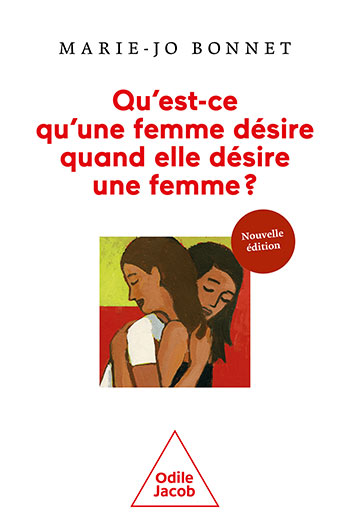
Marie-Jo Bonnet
What Does a Woman Desire When she Desires a Woman?
From Madame de Sévigné to Pauline Delabroy-Allard, George Sand to Djuna Barnes, Simone de Beauvoir to Monique Wittig, not to forget Céline Sciamma or the 10% et Nina series… An analysis of the different faces of lesbian love over time.
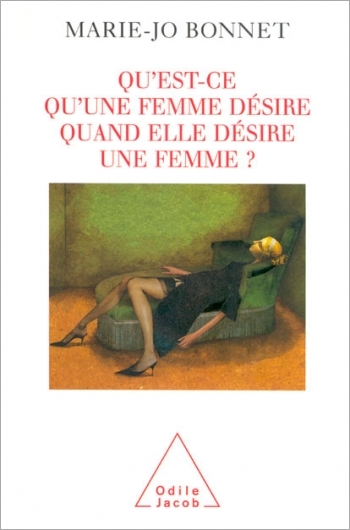
Marie-Jo Bonnet
What Does a Woman Desire when She Desires a Woman?
The desire of women for their own sex is a subject that has been concealed and heavily censored since Antiquity. Yet it has constantly resurfaced throughout history - despite repression, denial and today's feigned indifference - and its existence is a historical and anthropological fact, whatever the dominant opinion may say. Marie-Jo Bonnet argues that lesbianism transgresses social norms and female stereotypes, and breaks with the phallic model and the restricted social role that is assigned to women even today. She sees lesbian desire as a radical instrument of emancipation and offers an original analysis of the women's liberation movement, of recent discussions about homosexuality and, finally, of the persistence of lesbophobia. Desire, regardless of its subject, is always a unique and complex experience, and Bonnet does not ignore this fact. In an original, wide-ranging study of lesbian love through literature, she delves into the work of such major writers of the past as Marguerite Yourcenar, Violette Leduc, Simone de Beauvoir, Djuna Barnes and, surprisingly, Madame de Sévigné, as well as of more recent writers such as Monique Wittig, Anne Garreta and Christine Angot. The author's thesis is that women's desire for their own sex can serve as a tool to empower them to conquer their own space of creativity and liberation. Marie-Jo Bonnet, a writer and historian, is the author of Les Relations Amoureuses Entre Femmes (XVIe-XXe siècle).

Catherine Bonnet
A Gesture of Love Giving birth anonymously
Why do some women give birth anonymously so that their child is instantly adopted? A pedopsychoanalyst, Catherine Bonnet recounts the heart-breaking testimonies of these suffering women whose single gesture of love is to protect their child from the violence within themselves. A fresh look at the foundations of maternity and of filiation. Catherine Bonnet is a pedopsychoanalyst.
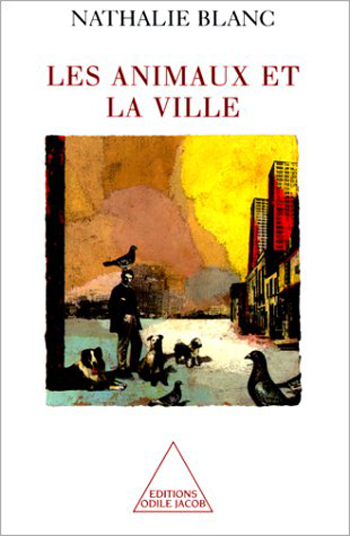
Nathalie Blanc
Animals in an Urban Environment
Those of you who live in an urban centre, do you think the rightful place of the animal is in the countryside ? Do you think that dogs are simply kept at the whim of lonely citizens ? That cats should not be allowed to roam the streets ? That there should be no more cockroaches to invade homes ? Yet, do you really want a city without nature ? Without green areas, but also without animals ? A sterilised city in other words.. Nathalie Blanc analyses here the role of the animal, and thus the living, in our urban societies. Nathalie Blanc is a researcher specialising in urban geography, at the Centre National de la Recherche Scientifique.

Pierre Bey, Jean-Pierre Gérard, Martin Schlumberger
Should We Fear Radioactivity?
A clear, precise and uncompromising account of radioactivity, its dangers and advantages
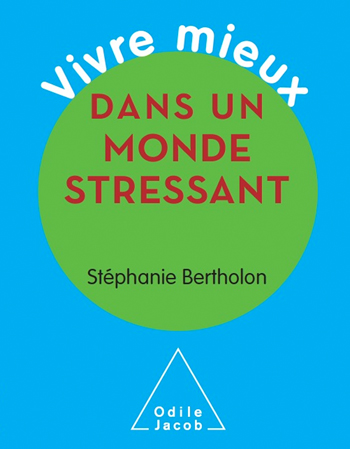
Stéphanie Bertholon
Coping With a Stressful World
How to adopt a sufficiently detached attitude to resist the stress of constant change
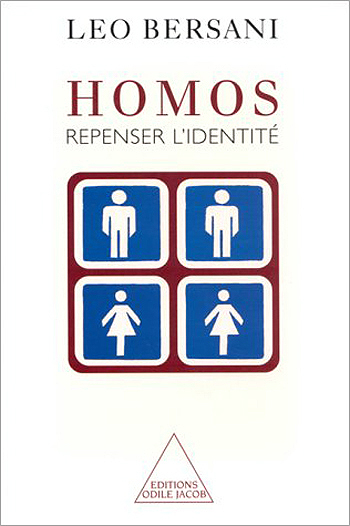
Léo Bersani
Homos Reassessing the Identity
What does it mean to be homosexual today ? Is it necessary to form communities and if so, why ? Is the primary aim equality in society such as it is, or the challenging of society itself ? Up to what point do homosexuals distinguish themselves ? Must there be a link between sexual claims and political dispute ? The gay and lesbian communities necessarily ask themselves these questions. On a wider scale, they also encourage a redefinition of the human being in contemporary societies. Already considered a classic in the United States, Homos presents an innovative, critical reflection on identity and the dangers in the withdrawal of a community from society. An expert in French literature, Leo Bersani is a professor at the University of California. He has notably published Baudelaire and Freud, and Theory and Violence.
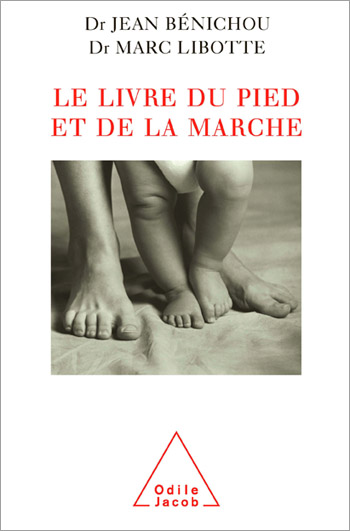
Jean Bénichou, Marc Libotte
The Book of Feet and Walking
Do you have flat feet ? Hollow feet ? How can deviations of the toe be treated ? Sprains ? How can you look after the nails and the skin ? How should you treat athletes foot ? What to make of reflexology ? Why are the feet of children, athletes and senior citizens so fragile ? How is the marvel of bipedalism possible ? What is the position of the foot in our culture ? Dr Jean Bénichou and Professor Marc Libotte are orthopaedic surgeons, specialising in foot surgery.
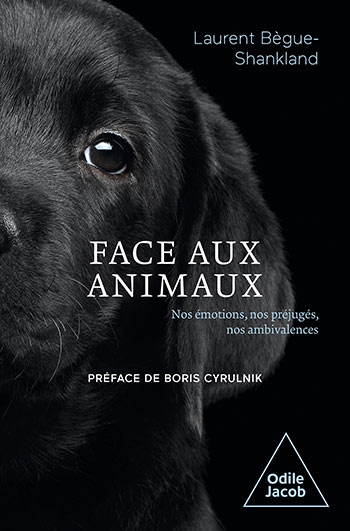
Laurent Bègue-Shankland
Animals and Us Our Emotions, Our Prejudices, Our Contradictions
Through our relationships with animals, it is actually human psychology, with its ambivalences with regard to animals, that is the subject of this book: from empathy to abuse.

